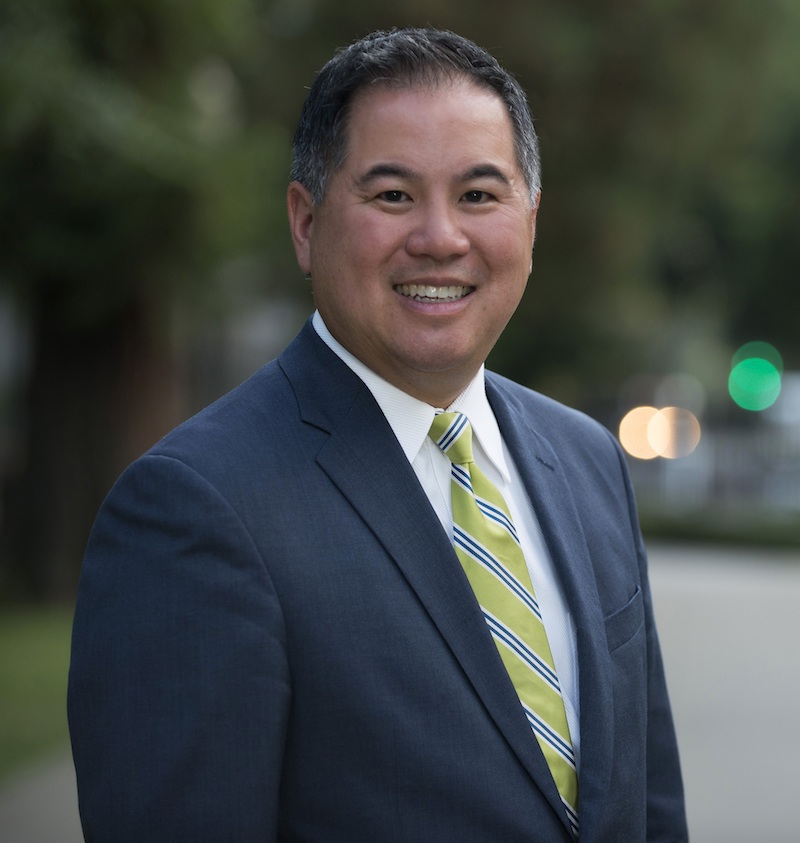By Gilda Balan, Correspondent
As the old saying goes, if at first you don’t succeed, try and try again.
So it was for San Francisco Assemblyman Phil Ting, who authored AB 449 which mandates California’s law enforcement agencies to submit a new policy to better recognize, report, and respond to hate crimes by the summer of 2024. The state’s Justice department will then review the policy and determine if it’s compliant with state law.
This was Ting’s second try at passing a bill. This time, California Governor Gavin Newsom signed the bill into law. Ting’s bill requires law enforcement to do more to address hate crimes following a surge in anti-Asian violence.
Ting praised Newsom’s signing the bill, stating that the policy to handle and report hate crimes has to be standardized, as reported by the San Francisco Standard.
Said the assemblyman: “Accurate data will help us come up with solutions, and better direct resources where necessary to combat hate.”
His bill requires the state to reimburse local police departments for any costs incurred by the mandates, such as law enforcement training on identifying hate crimes.
The Golden State’s law presently defines “hate crime” as any criminal act based on the victim’s actual or perceived characteristics, such as religion, race, disability, or sexual orientation.
Since the COVID-19 pandemic, violent incidents against California’s Asian American communities have triggered calls to strengthen law enforcement.
A state auditor released a report that concluded that law enforcement has not adequately identified hate crimes, lending credence to the common belief that hate crimes across different communities are underreported.
The community of people with disabilities gave their full support for the Ting bill since hate crimes against them are usually described as the most overlooked and invisible.
Ting’s earlier attempt to pass his bill had been watered down by the Senate Appropriations Committee, rendering it ineffective. Assemblyman Ting opted not to move forward with that version, and tried again this year.
In this case, the second time was the charm. The result was AB 449.
































